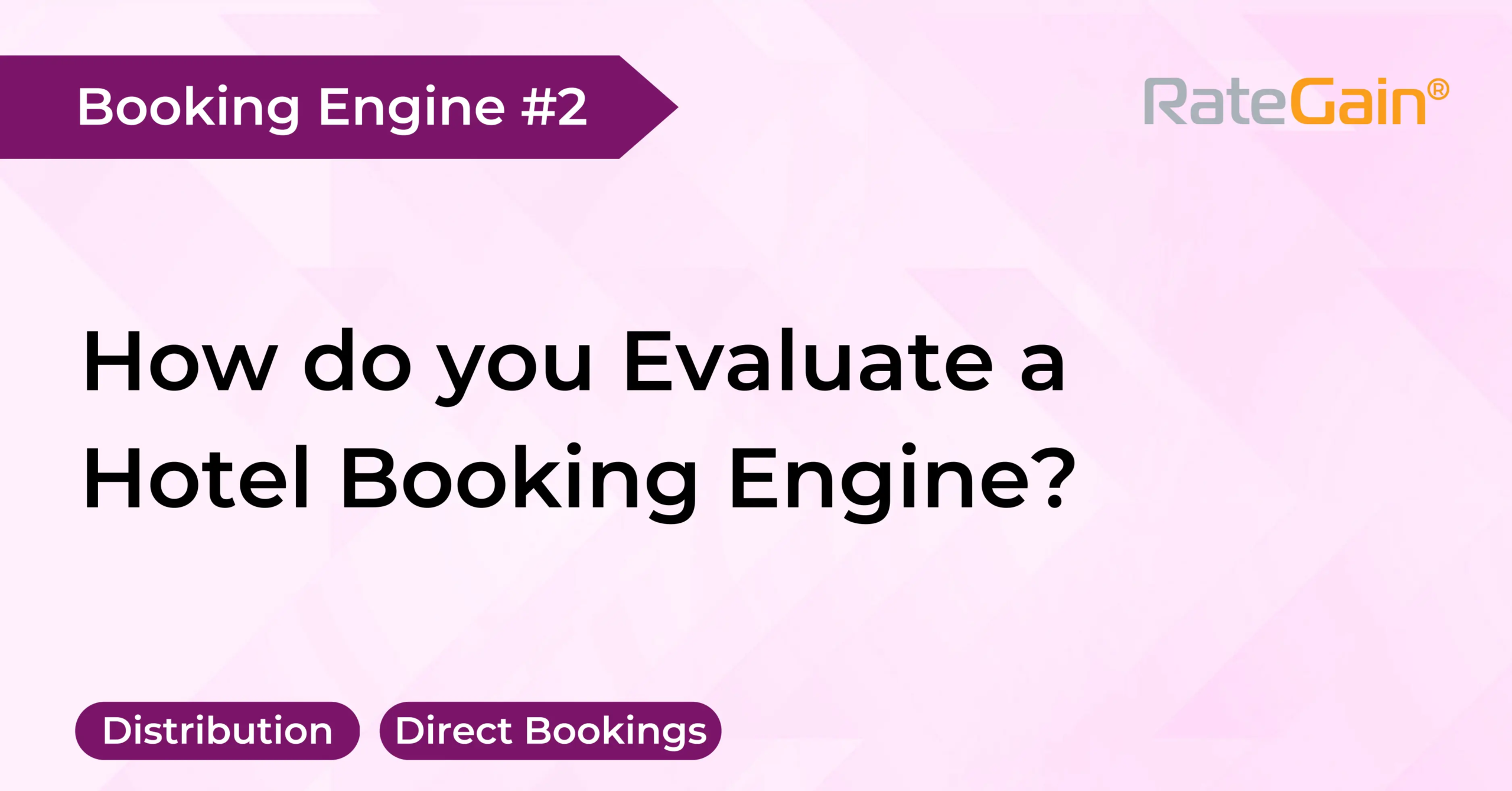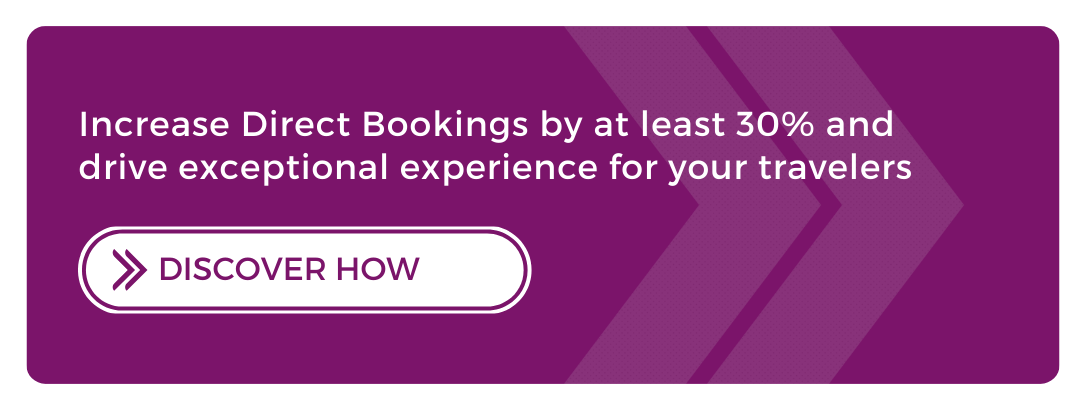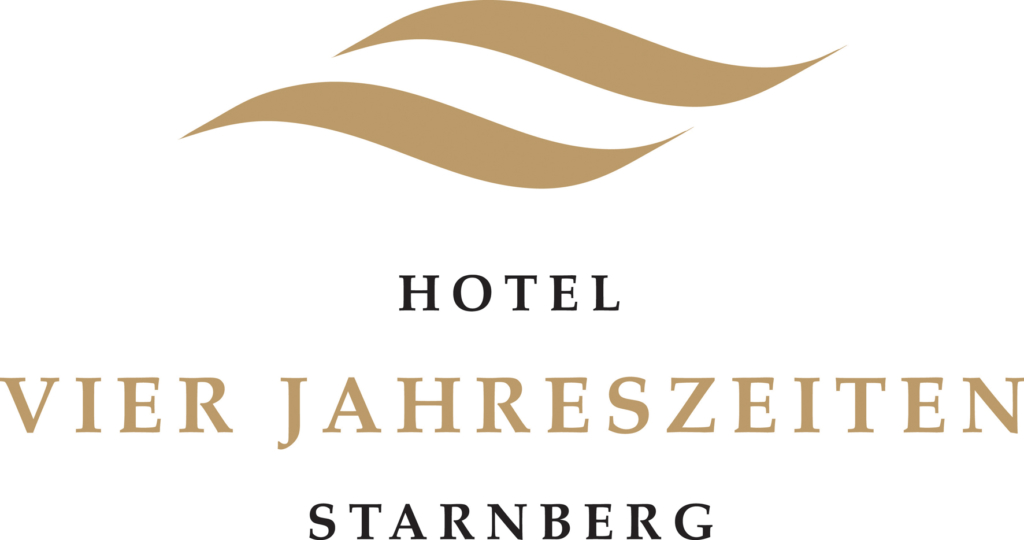As a hotelier, you understand the importance of having an efficient and user-friendly booking engine to manage your online reservations. With so many booking engine providers available in the market, it can be overwhelming to choose the right one for your hotel. Evaluating a booking engine requires careful consideration of several factors that can affect its overall performance and your hotel’s success.
Here, we’ll discuss the key features and capabilities that you should consider when evaluating a booking engine.
1. Customization
The first factor to consider when evaluating a booking engine is customization. Your booking engine should be able to blend seamlessly with your hotel website, and match the branding and design of your website. Look for a booking engine that offers customizable templates, fonts, colors, and graphics so that you can tailor it to your brand. In addition, it should also be mobile responsive to ensure that your guests can book from any device, including smartphones and tablets.
2. User Interface
A user-friendly interface is critical to ensuring that guests can easily book rooms on your hotel website. A good booking engine should be easy to use and navigate, with a clear and concise layout. Look for a booking engine that allows guests to check room availability, room rates, and room types quickly and easily. The booking process should also be simple and straightforward, with minimal clicks required to complete a reservation.
3. Integration
A booking engine that can integrate with your existing ” target=”_blank” rel=”noopener”>property management system (PMS) is essential for efficient management of your online reservations. Integration with your PMS allows for seamless syncing of room availability, rates, and guest information, saving you time and reducing the risk of overbooking or double-booking. A booking engine that can also integrate with other third-party software, such as revenue management or channel management tools, can provide additional benefits, such as real-time rate updates and automated inventory distribution.
4. Payment Gateway
A secure and reliable payment gateway is essential for processing online payments from guests. Look for a booking engine that supports a variety of payment options, including credit cards, debit cards, and e-wallets. A booking engine that offers SSL encryption and secure payment processing can give guests peace of mind when booking with your hotel.
5. Analytics and Reporting
An effective booking engine should provide you with detailed analytics and reporting, giving you insights into your online reservation performance. Look for a booking engine that provides data on occupancy rates, room demand, and average daily rates. This information can help you make informed decisions regarding your pricing and marketing strategies.
6. Support and Training
Finally, evaluate the support and training options that are available with the booking engine. Look for a provider that offers round-the-clock customer support, preferably through multiple channels such as email, phone, and live chat. In addition, make sure that the provider offers training and resources to help you get the most out of the booking engine.
In conclusion, evaluating a booking engine requires careful consideration of several factors, including customization, user interface, integration, payment gateway, analytics and reporting, and support and training. By choosing a booking engine that is tailored to your hotel’s needs and requirements, you can ensure efficient online reservation management and increase your hotel’s revenue.
Further Read: Why Ease of Use is the Core of any Booking Engine?



